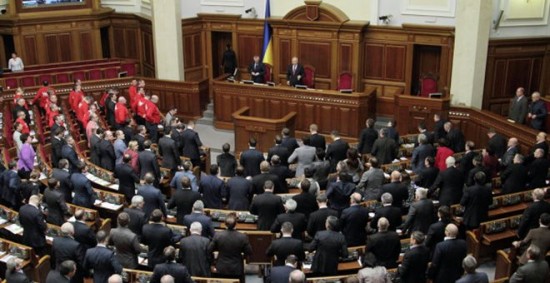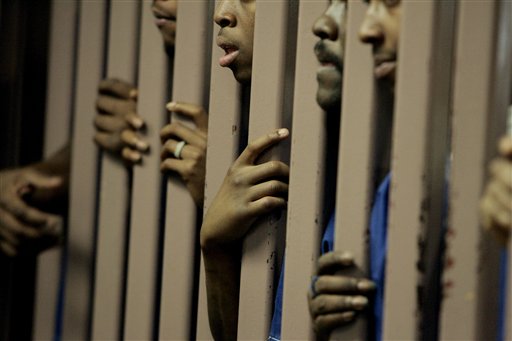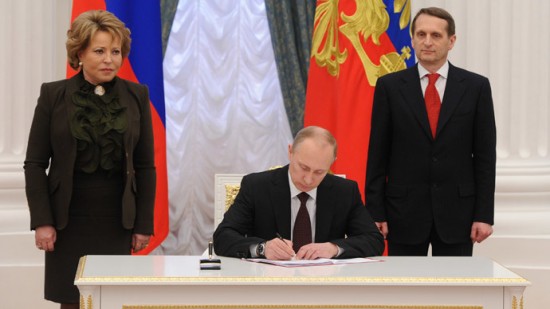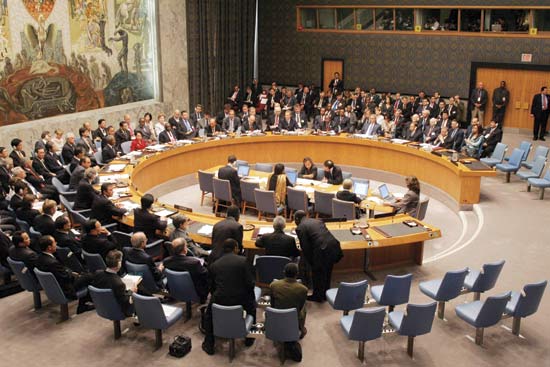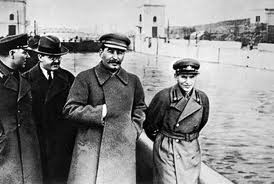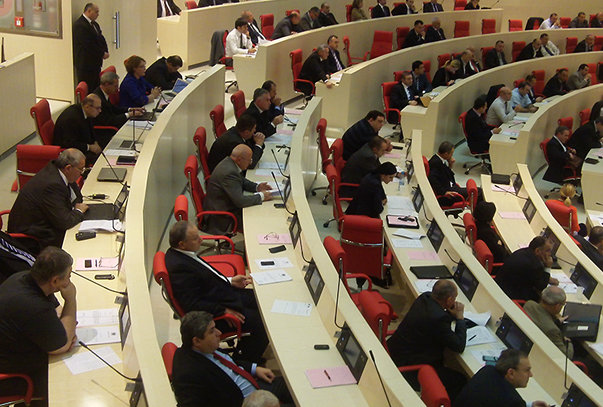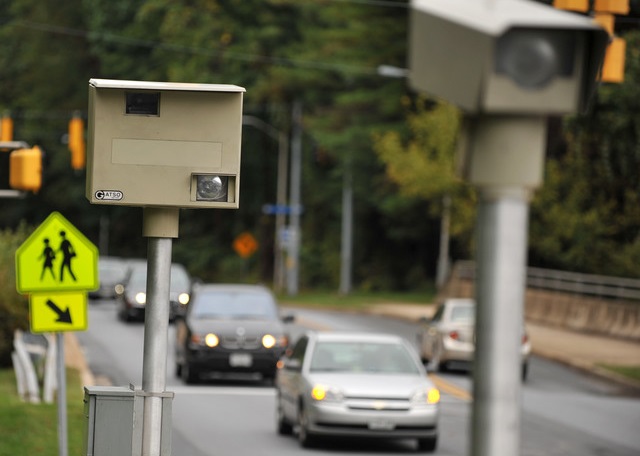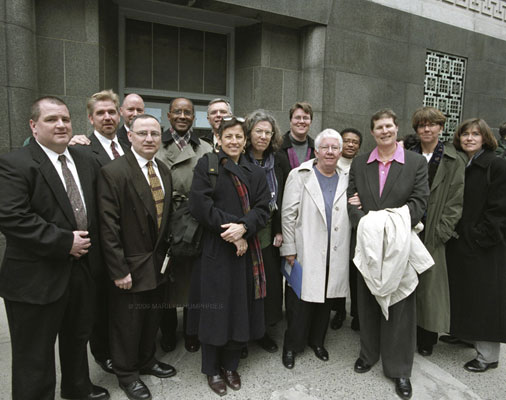In the 2013 trial, Elane Photography, LLC, v. Vanessa Willock, Willock sued Elane Photography for refusing to photograph Willock’s “commitment ceremony” i.e. wedding. The New Mexico Supreme Court unanimously found that Elane–despite religious convictions against gay marriage and despite her willingness to serve gays in services Elane already provided–violated the New Mexico Human Rights Act (NMHRA) that provides for protected groups to be specially shielded from discrimination. The court found that Elane had discriminated based on sexual orientation and was not protected by Constitutional guarantees of free speech or the free exercise of religion. Elane was forced to pay damages to Willock for declining to photograph her wedding.
In 2006, Willock e-mailed Elane Photography, LLC (operated by a couple, the Huguenins), proposing Elane photograph Willock’s “commitment ceremony,” which Willock also referred to as a “wedding.” Willock phrased the proposition as asking Elane Photography if it would be “open to helping celebrate” her “commitment ceremony.” Elaine Huguenin, the photographer, politely declined, stating that she photographed only “traditional weddings.” Willock e-mailed Elane Photography again two months later, asking whether Elane offered its “services to same sex couples,” to which Huguenin responded that the company did “not photograph same-sex weddings,” and thanked Willock for her interest.
Willock filed a discrimination complaint with the New Mexico Human Rights Commission (NMHRC) on the basis that Elane Photography discriminated against her because of her sexual orientation. The NMHRC concluded that Elane Photography had so discriminated. It awarded Willock attorney fees (later waved by Willock).
Elane appealed for a trial de novo, seeking a reversal of the award and a declaratory judgement that it had not discriminated, as well as a ruling that its rights had been violated. The district court found for Willock. Elane appealed, and the Court of Appeals affirmed. The New Mexico Supreme Court granted certiorari.
Elane offered three arguments. First, that it had not discriminated. Second, that the NMHRA violated Elane’s First Amendment rights, under the Amendment’s compelled speech protection and freedom of religion guarantee. Third, that the NMHRA violated the New Mexico Religious Freedom Restoration act (which protects free exercise of religion from government restrictions).
Although Huguenin would have served homosexuals in any of the services Elane Photography already provided (portraits, straight marriage) and would not have served heterosexuals with photography that depicted homosexual content (holding hands or showing affection), the opinion of the court was that “[t]hose situations are not at issue here,” and that “Elane Photography intended to discriminate against Willock based on her same-sex orientation.” The court framed Elane’s claims as “[seeing] no basis for distinguishing between discrimination based on sexual orientation and discrimination based on someone’s conduct.” The NMHRA prohibited “any person in any public accomodation to make a distiction, directly or indirectly, in refusing to offer services.” Although Elane Photography was willing to serve homosexual couples, the court found that Elane Photography had “[refused] to serve a client based on sexual orientation, and Elaine Photography violated the law by refusing to photograph Willock’s same-sex commitment ceremony.” The court, therefore, held that Elane Photography had discriminated in violation of the NMHRA.
As for the reasons for Elane’s refusal to photograph the gay marriage, Elane explained that it “did not want to convey through [Huguenin’s] pictures the story of an event celebrating an understanding of marriage that conflicts with [the owner’s] beliefs.” Elane Photography held that it did not wish to endorse Willock’s wedding.
Elane’s argument that the NMHRA violated First Amendment guarantees had several components. Under the Free Speech Clause (in this case, compelled speech), Elane argued that the NMHRA compelled Elane to speak, compelled Elane to speak the government’s message, compelled Elane to accommodate the message of another, compelled Elaine to allocate its work time not as Elane would wish, and compelled Elane’s creative, expressive capacity. Also under the First Amendment, Elane argued that its guarantee to free exercise of religion was violated by the NMHRA.
Elane argued that, because photographing a same-sex wedding was against the owners’ personal beliefs, the NMHRA’s compelled Elane to speak in violation of its First Amendment rights (which includes the right to refrain from speaking). Elane argued that the HMHRA unconstitutionally compelled it to “create and engage in expression” that sends a positive message about same-sex marriage not shared by the owner. The court looked at the guarantee that the government “may not require an individual to ‘speak the government’s message,'” and may not require a private actor “to host or accommodate another speaker’s message” or “require an individual to participate in the dissemination of an ideological message by displaying it on his [or her] private property in a manner and for the express purpose that it be observed and read by the public.” The court ruled that “the NMHRA does not require Elane Photography to recite or display any message. It does not even require Elane Photography to take photographs. The NMHRA only mandates that if Elane Photography operates a business as a public accomodation, it cannot discriminate against potential clients based on their sexual orientation.” The court looked to Barnette (Jehovah’s witnesses protesting saluting the flag at school because of Bible prohibitions against saluting any image), but found that Barnette “[did] not bring [the Jehovah’s witness children] into collision with rights asserted by any other individual,” but Elane’s asserted right did conflict directly with Willock’s rights under the NMHRA. The court stated that “[a]nti-discrimination laws have the important purposes that go beyond expressing government values: they ensure that services are freely available in the market, and they protect individuals from humiliation and dignity harm.” To the argument that by requiring Elane Photography to accept a client who is having a same-sex wedding the NMHRA compelled Elane to facilitate the messages inherent in that event, the court ruled that,
“Elane Photography has misunderstood this issue. It believes that because it is a photography business, it cannot be subject to public accommodation laws. The reality is that because it is a public accommodation, its provision of services can be regulated, even though those services include artistic and creative work. If Elane Photography took photographs on its own time and sold them at a gallery, or if it was hired by certain clients but did not offer its services to the general public, the law would not apply to Elane Photography’s choice of whom to photograph or not. The difference in the present case is that the photographs that are allegedly compelled by the NMHRA are photographs that Elane Photography produces for hire in the ordinary course of its business as a public accommodation.”
Although Elane argued that it did not with to convey a message either that same-sex marriages exists or that such occasions deserve celebration or approval, the court ruled that “Elane Photography sells its expressive services to the public. It may be that Elane Photography expresses its clients’ messages in its photographs, but only because it is hired to do so,” and therefore, the court ruled, the NMHRA required Elane to perform the same services for same-sex couples as for opposite-sex couples (equating the service of providing photography for opposite-sex weddings with the service of photographing same-sex weddings).
Elane argued that the NMHRA involved “direct government interference with the speaker’s own message, as opposed to a message-for-hire.” The court looked to cases where the government required a publisher to distribute an opposing point of view (Miami Herald Publishing Co. v. Tornillo), upholding the publisher’s rights, but ruled that Elane was different because “[the] government had not interfered with Elane Photography’s editorial judgement; the only choice regulated is Elane Photography’s choice of clients.”
Elane also argued that the NMHRA had a chilling effect on speech. The court ruled that “[i]f a commercial photography business believes that the NMHRA stifles its creativity, it can remain in business, but it can cease to
offer its services to the public at large. Elane Photography’s choice to offer its services to the public is a business decision, not a decision about its freedom of speech.”
The court also looked to Hurley (where the court upheld the private organizers of the Boston St. Patrick’s Day parade’s denial of the application of a LGBT group [GLIB] to march in the parade), but found that, although the Supreme Court had held that the parade did not discriminate against gay participants; rather, the issue was “the admission of GLIB as its own parade unit carrying its own banner,” which had unquestionable expressive content, Elane differed because, whereas “parades by their nature express a message to the public,” and that requiring the parade organizers to include GLIB would “directly alter the expressive content of the parade,” the case did not apply to Elane because the NMHRA “applies not to Elane Photography’s photographs but to its business operation, and in particular, its business decision not to offer its services to protected classes of people.” The court ruled that “[w]hatever message Elane Photography’s photographs may express, they express that message only to the clients and their loved ones, not to the public,” but at the same time noted that “when Elane Photography displays its photographs publicly and on its own behalf, rather than for a client, such as in advertising, its choices of which photographs to display are entirely its own.”
The court also stated that Elane’s concern of “perceived endorsement” was wrong. “Obeservers are unlikely to believe that Elane Photography’s photographs reflect the views of either its owners or its employees,” ruled the court, finding Elane different again from Hurley, where the Court “observed that admitting GLIB or any other organization into a parade would likely be perceived as a message from the parade organizers ‘that [GLIB’s] message was worthy of presentation and quite possibly of support as well.'”
The court saw Elane’s First Amendment right to expression of religeon as being retained despite NMHRA limitations in this way:
“Elane Photography and its owners likewise retain their First Amendment rights to express their religious and political beliefs. They may, for example, post a disclaimer on their website or in their studio advertising that “they oppose same-sex marriage but that they comply with applicable antidiscrimination laws.”
The Court considered Elane’s argument that they had less time to spend doing their preferred work if they have to take and edit photographs of same-sex weddings (thereby creating a situation of compelled speech), but found that the claim was not valid, because “Elane Photography does not produce a publication whose limited space has been taken over by the government.” The court found that Elane’s claim that the NMHRA interferes with its speech because it ties up its time doing what it does not wish to do was invalid “because the allocation of work time is a matter of personal preference, not compelled speech, and it is not constitutionally protected.”
The Court explained that the NMHRA forces businesses to act a certain way:
“This is the purpose of antidiscrimination laws: they force businesses to treat customers alike, regardless of their race, religion, or other protected status. These laws are necessary precisely because some businesses would otherwise refuse to work with certain customers whom the laws protect.”
The court noted that the NMHRA does not prohibit law firms (even law firms that are public accommodations) “from turning away clients with whose views the firm disagrees or with whom it simply does not wish to work.” However, the court ruled, Elane (and law firms) cannot turn away clients because they “find the client offensive on the basis of a protected classification.”
Elane’s argument for freedom of religious expression was found invalid because “the right of free exercise does not relieve an individual of the obligation to comply with a valid and neutral law of general applicability on the ground that the law proscribes (or prescribes) conduct that his religion prescribes (or proscribes),” and the NMHRA was a neutral law of general applicability, as stated in its text.
The U.S. Supreme Court, however, left open the possibility that neutral laws of general applicability could still be unconstitutional if they infringed both free exercise rights and an independent constitutional protection (hybrid-rights claim), but because Elane Photography had not sufficiently briefed the Court on this issue, the court would not consider it.
Elane Photography’s final line of argument was that the NMHRA violated the New Mexico Religious Freedom Restoration Act (NMRFRA), but the court ruled that the NMRFRA was not applicable in disputes where a government agency is not a party.
The court concluded that Elane Photography refused to serve Willock based on Willock’s sexual orientation, and so was in violation of the NMHRA. The court found that enforcing the NMHRA did not violate the First Amendment or the NMRFRA.
In the concurring opinion, justices wrote that although the Huguenins were now “compelled by law to compromise the very religious beliefs that inspire their lives,” “all of us must compromise, if only a little,” which is what this case “taught,” and that although the Constitution protects the Huguenins in their freedom “to think, to say, to believe, as they wish,” “there is a price.” “[T]he Huguenins have to channel their conduct, not their beliefs, so as to leave space for other Americans who believe something different…. it is the price of citizenship.”
By Day Blakely Donaldson
Sources:
Justia
Justia
State Court Docket Watch
Federalist Society
